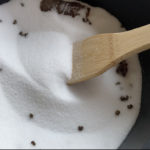Cinnamon, or Cassia, is a spice with a long history of use in traditional medicine and culinary delights. Derived from the bark of the Cinnamomum loureirri tree, native to tropical regions, Cinnamon has a strong aromatic fragrance and a distinctive spicy flavor. With a wide range of applications, Cinnamon is a versatile ingredient in the kitchen and a valuable asset to health and beauty routines.
1. What is Cinnamon?
Cinnamon, known as Cassia in Vietnam, is produced from the bark of the cinnamon tree. Scientifically named Cinnamomum loureirri, this tree thrives in tropical climates with ample rainfall and sunshine. The cinnamon tree is characterized by its size, ranging from 10 to 20 cm in diameter, short and stiff leaf stalks, and white flowers. Its fruits, when ripe, don a purple-brown hue.
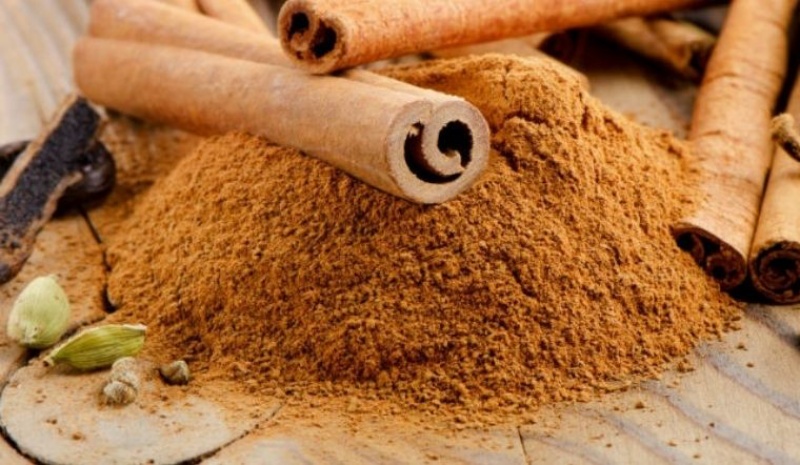 All About Cinnamon
All About Cinnamon
2. The Process of Creating Cinnamon
The art of cinnamon production begins with harvesting the bark of the cinnamon tree, ensuring it is kept in a cool, dry place. The bark is then cleaned, sun-dried, and the outer layer is scraped off to achieve a smooth texture before grinding. To obtain a fine powder, the dried bark is ground with the assistance of a sieve.
For prolonged freshness and preservation of its aromatic qualities, store cinnamon in an airtight container, kept in a cool, dark place, away from direct sunlight.
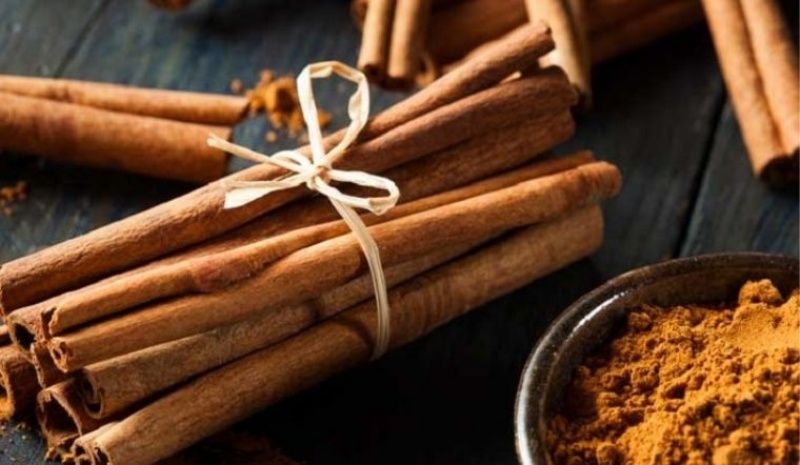 The Cinnamon-Making Process
The Cinnamon-Making Process
3. The Many Benefits of Cinnamon
Cinnamon boasts an array of impressive benefits:
Culinary Spice
Cinnamon powder is a versatile seasoning, commonly used to marinate meats, enhancing dishes with its delightful aroma and flavor while neutralizing unpleasant odors. A natural preservative, cinnamon inhibits the growth of harmful bacteria in food. Signature dishes benefiting from cinnamon include braised pork ribs and cinnamon-grilled shrimp.
 Cinnamon in Cooking
Cinnamon in Cooking
Beverage and Baking Ingredient
With its irresistible fragrance, cinnamon is a popular ingredient in beverages such as tea, coffee, and cocoa. It is also indispensable in baked goods, adding a unique touch to cakes, caramel desserts, and mung bean cakes.
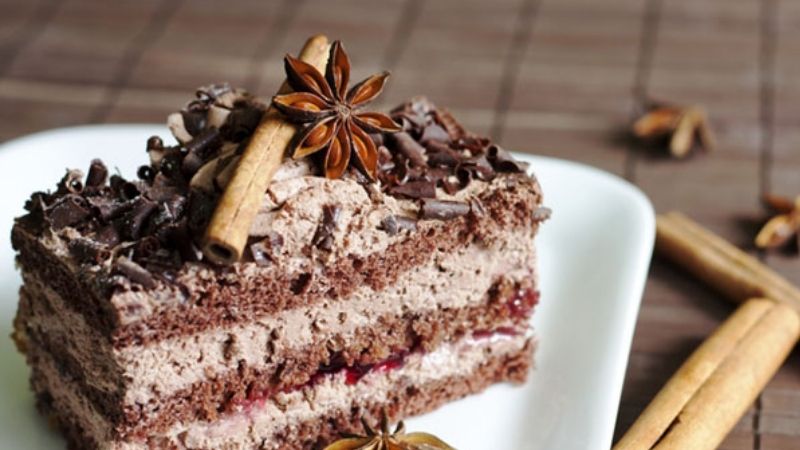 Cinnamon in Beverages and Baking
Cinnamon in Beverages and Baking
Medicinal Properties
Cinnamon has a long history in traditional medicine, with different types offering varied benefits:
- Quế tâm: Effective in treating heart ailments, typically prescribed in doses of 4-8g in combination with other herbs.
- Quế thông: Provides relief from internal organ ailments caused by cold weather.
- Nhục quế: With a sweet and spicy flavor, it warms the blood, improves circulation, and treats ailments such as wind-cold syndrome, coma, dysentery, and heart weakness.
- Quế chi: Addresses wind-cold syndrome and paralysis of the hands and feet. Typically used in doses of 5-10g in conjunction with other herbs.
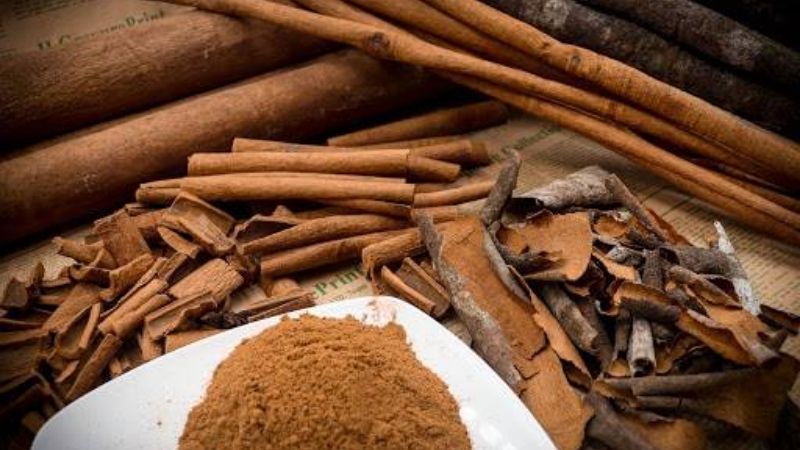 Cinnamon in Medicine
Cinnamon in Medicine
Beauty Applications
Cinnamon powder is a valuable asset in beauty routines, often combined with ingredients like honey, milk, or yogurt to create effective face masks. Cinnamon helps treat blackheads and whiteheads, promotes weight loss, cleanses the skin, and improves overall complexion.
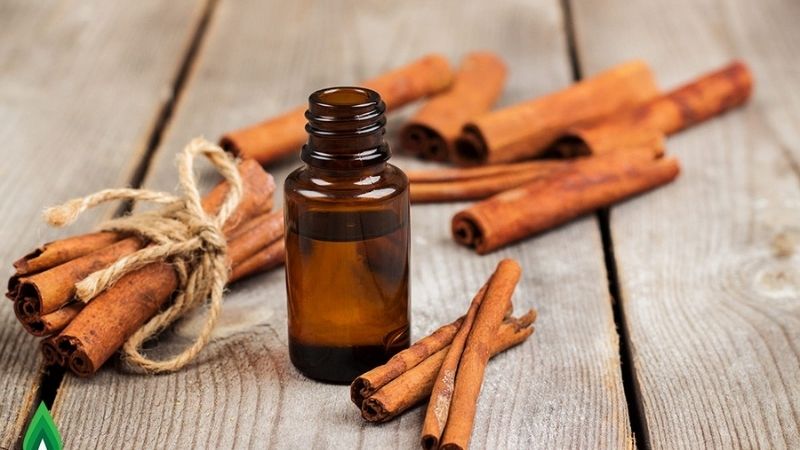 Cinnamon for Beauty
Cinnamon for Beauty
4. Using Cinnamon
According to experts, incorporating just half a teaspoon of cinnamon into your daily diet can offer significant health benefits, including improved blood sugar control, enhanced digestion, and a boost to your immune system. Higher doses of cinnamon act as a valuable remedy for cardiovascular health, reducing the risk of diabetes, cancer, and neurodegenerative diseases. A dose of 4-8g of quế tâm, in combination with other herbs, is recommended for treating heart ailments.
Cinnamon is an indispensable ingredient in food preparation, imparting a unique flavor that cannot be replicated. Whether it’s a bowl of pho or a savory stew, cinnamon adds that extra something to make a dish truly memorable. Using cinnamon is simple; a small amount enhances the flavor of savory dishes and neutralizes strong odors, while a light sprinkling adds a delightful touch to beverages.
 Using Cinnamon
Using Cinnamon
5. Precautions When Using Cinnamon
- As cinnamon has a heating property, it is important to use it in moderation to avoid mouth ulcers, liver damage, and digestive issues.
- Avoid inhaling cinnamon powder as it may cause respiratory irritation or suffocation.
- Do not combine cinnamon with other herbal remedies without medical advice.
- Refrain from consuming spicy foods when using cinnamon for medicinal purposes.
 Precautions for Cinnamon Use
Precautions for Cinnamon Use
In conclusion, cinnamon is a valuable spice with a multitude of benefits for health, beauty, and culinary endeavors. We hope this information inspires you to explore the wonders of cinnamon and incorporate it into your daily routines.
Exploring the Benefits of Chia Seeds on Good Health: What You Need to Know
 Health: What You Need to Know’>
Health: What You Need to Know’>Did you know that chia seeds come from the same family as herbs that are used in spices such as mint and basil? These seeds are a popular health food due to their unique health benefits. Read on to find out how these seeds can be used and why they're so beneficial!


























